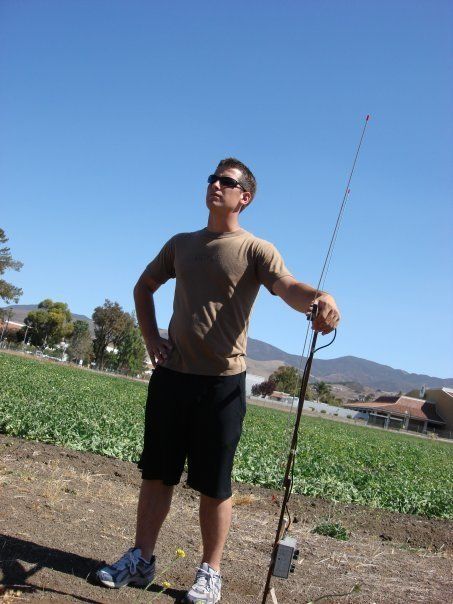Teamwork

Mike Doyle
Founder
Mike is a full-time police officer and tactical medic. He currently works as a K9 handler, SWAT team member, and Police Trainer. Mike started Tactical Tangents as part of his fundamental purpose to save lives. His goal is to enhance the survival of police officers and concerned citizens by helping them become better, smarter, faster, and more efficient. His opinions are for informational purposes only and do not reflect those of his employer or any other government agency.
Having Public Affairs Without Screwing Up
Mike reminds us that “Responsibility to the Community” is not just a slogan on a squad car door in this episode, where he and Jim talk about the necessity of keeping the public informed in a manner that is both helpful to the public and not harmful to ongoing investigations. ”Public Affairs” is more than just a job title, and requires keeping in mind the emotions that surround complex situations.
The Case of “The Mission v. The People”
In dangerous career fields like the military or law enforcement, there’s an unavoidable tension of priorities between the mission and the safety of the people on the team who need to accomplish it. It’s one thing to say you put your people first, but if it was a safe job, they wouldn’t issue body armor. In today’s episode, Mike and Jim demonstrate the ways this can be a false dichotomy and how to keep everyone on the team on the same page.
We Don’t Like the Bombs, the Bombs That Go Boom.
Just like there are certain weather conditions that are likely to breed hurricanes or other severe storms, we’re currently experiencing social weather, both globally and at home, that’s creating favorable conditions for bombers. There are enough angry people, with enough information, and ample opportunity to make things explode. Tune in for some info on what to look for. (Hint: It’s not a bundle of red sticks taped to an alarm clock with an “ACME” label.)
Who are the people in your group who make the difference between a “loose gaggle” and a high-performance team? Today we want to give a high-five and a handshake to the informal leaders—the unappointed low- or middle-man who owns their mistakes, never makes excuses, and humbly accepts criticism. You might be asking yourself, doesn’t that just make them a good follower? And the answer is no.
Leadership is all about influence, confidence, and cooperation. Leadership is the quality that makes elite teams better than teams that are just OK. The first thing we need to understand about cohesive groups is that being a team player doesn’t necessarily mean being the strongest jock who can carry all of the weight—that guy is not going to make it to the end-zone if the rest of us don’t enable him to get there. Teamwork is about understanding and carrying your share of the work—know your job, and do it well, because the efforts of every team member affect the final output. Teamwork means recognizing that everyone has something to bring to the table. Teamwork also means knowing your buddy’s job so you can anticipate his or her needs. And if you see your bosses as members of the team (which you should) that means deciding when to go with the flow and when to speak up and give your input. Even the new guy can affect the team’s performance by setting the standard for the group and not being someone to worry about. A good team becomes great when everyone leads, everyone takes pride and ownership in the output, and everyone is held accountable.
High-performance teams still have people in charge. The bosses are the figurehead—they are responsible for running interference, looking forward and outward, and having a vision for the future. An effective commander handles his or her share of the work by trusting and empowering the other leaders in the team to get the smaller-scale, more immediate tasks done, all the way down to the lowest ranking guy or gal in the pack who understands his role, and can be trusted with that role—whatever it may be. The person in charge has a plan and calls the shots, but good subordinate leaders know when to stay on task and when to make adjustments on their own initiative. Good bosses know to trust, encourage, and most importantly—support—those adjustments.
Human dynamics are not perfect. You are going to find that some leaders are better than others, and sometimes the people in charge are not the best pick. Politics and bureaucracy will always create interference—but if you look around, you’ll be surprised to find that effective, informal leaders always find a way to navigate those obstacles. The ones who carry their weight, don’t make excuses, and gain your confidence—those are the ones you want to watch for. Those are the ones you want to emulate. Be that guy. If you want to read more about teamwork, check out a post we did a while back here.

0 Comments